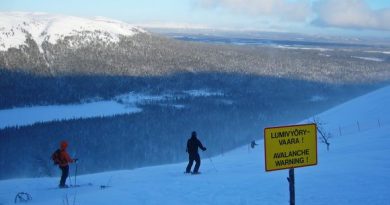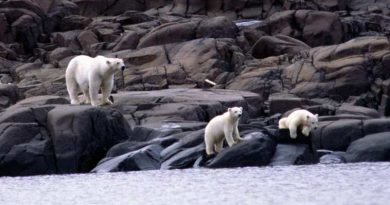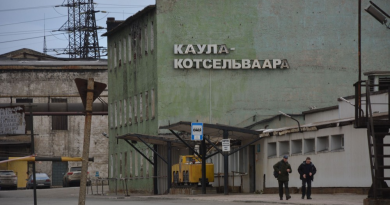UNESCO mission visits protected island in Arctic Russia
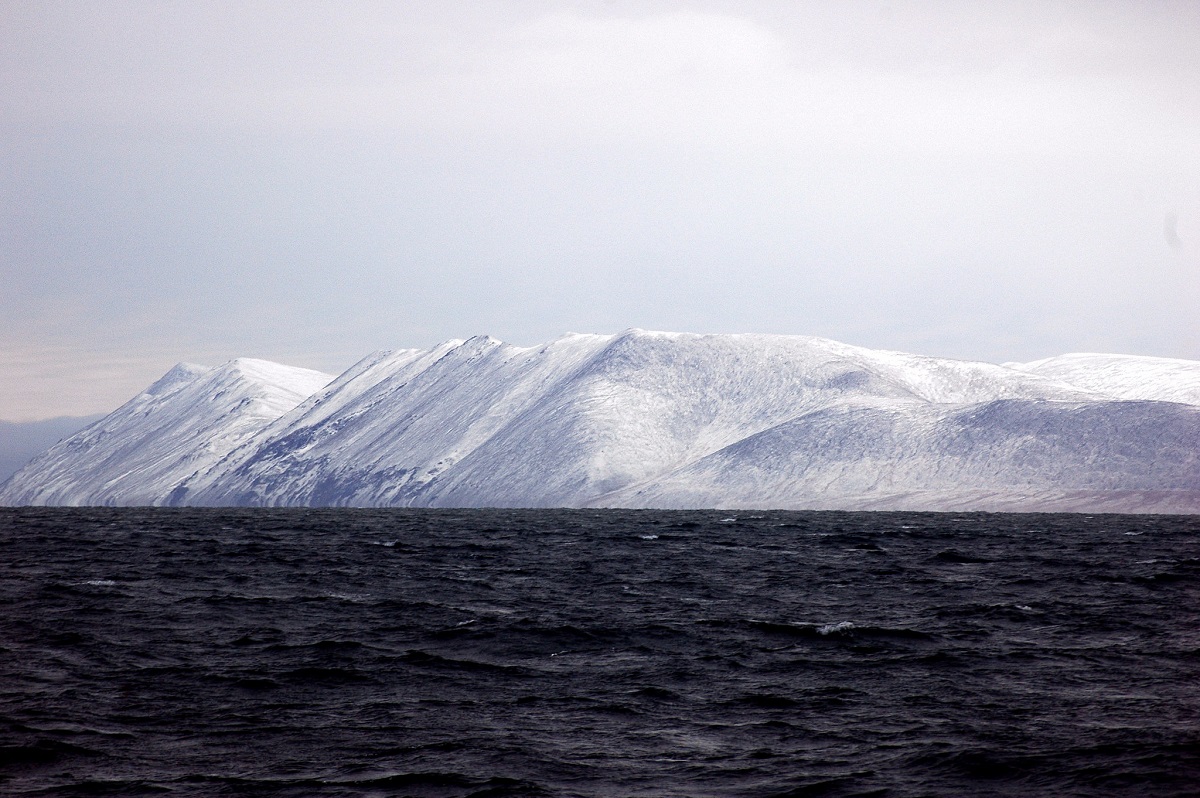
Expanding oil industry and military activities could harm the UNESCO-protected island, experts say.
The mission headed by Francesco Bandarin, the UNESCO Assistant Director-General for Culture, arrived to the east Arctic island on 12 August, the UN agency informs.
The mission’s task was to assess the state of conservation of the area, as well as potential threats to its status as World Heritage site. Included in the mission were also two high-ranking officials from the Russian Ministry of Natural Resources and State nature protection authority Rosprirodnadzor, the Russian Ministry informs.
The visit came after the World Heritage Committee in its 40th session in 2016 «expressed its utmost concern» over increased human presence and ongoing construction of facilities on the island. These activities could have a serious impact in the sensitive Arctic environment in the area, the organization makes clear in a report.
The island of Wrangel was inscripted in the UNESCO World Heritage List in 2004. The protected area includes the mountainous Wrangel Island (7,608 km2), Herald Island (11 km2) and surrounding waters. According to the UN body, the area has «the highest level of biodiversity in the high Arctic».
UNESCO concerned about oil activities
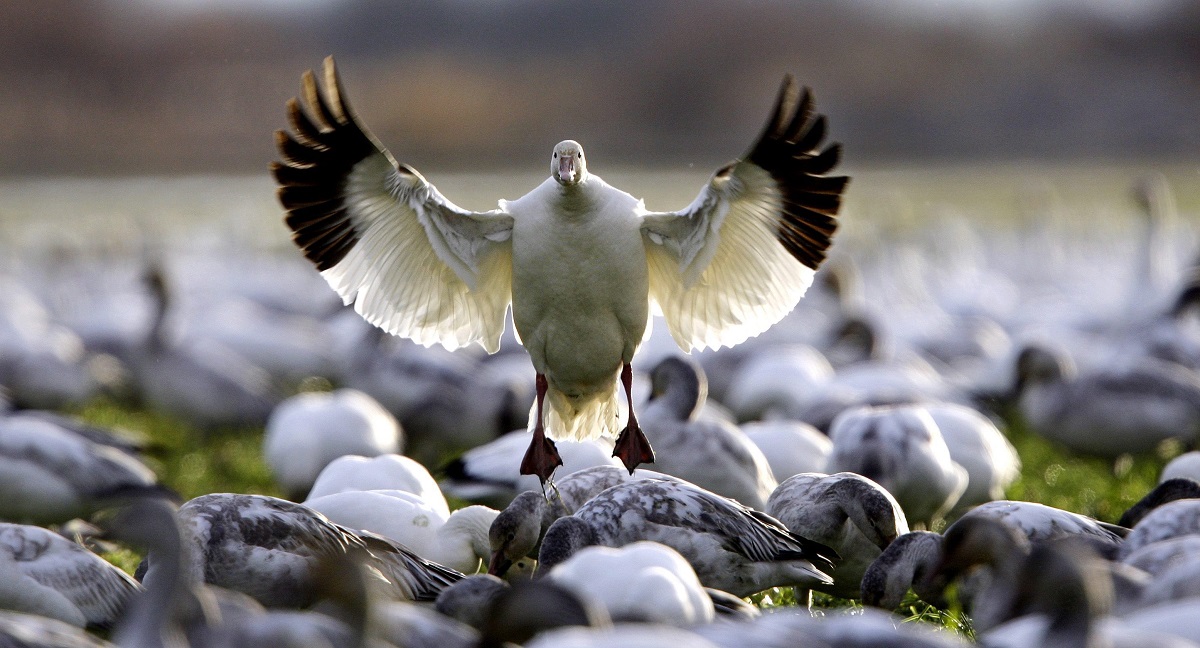
The report adopted by the World Heritage Committee in 2016 urges Russia to «halt the construction of facilities and any associated activities until their impacts […] have been assessed».
The UN organization is especially concerned over oil activities around the island. The body requests information from the Russian side that oil exploration and exploitation is prohibited in the area.
World Heritage Committee «notes confirmation […] that seismic exploration vessels incidentally entered the waters of the property only in order to seek shelter from storms».
Furthermore, the Committee «regrets that no information was provided on the current status of the oil exploration projects that are planned or ongoing in the vicinity of the property».
Russia is requested to submit a report about the state of the conservation of the area which is to be addressed in the 2017 session of the World Heritage Committee. In case Russia fails to properly address the concerns, the Committee will consider to include the Wrangel island in its List of World Heritage in Danger.
Military presence
State oil company Rosneft has over the last years acquired several major exploration licenses in the east Arctic waters. Only in the waters surrounding the Wrangel Island, Rosneft has three license areas; the Severo-Vrangelsky 1 and Severo-Vrangelsky 2, as well as the Yuzhno-Chukotsky. The company has lately engaged in wide-ranging seismic mapping of its Arctic licenses.
In 2016, the company conducted as much as 35,000 km of 2D seismic mapping in ten of its Arctic license areas. In addition, another 5,100 square km of 3D mapping was conducted in four licenses, the company informed.
The Wrangel Island is also object for enhanced military activities. The Northern Fleet is building a string of new and upgraded bases all across the Arctic coast, including in east Arctic sites such as New Siberian Islands, Cape Shmidt and Wrangel Island.
In the course of 2017, the Russian Armed Forces intend to build a total of 68 buildings and facilities on Wrangel Island and Cape Shmidt. The construction work is considered highly complicated as none of the two places have an airfield.
Related stories from around the North:
Canada: Inuit and Canadian government agree on Arctic conservation area, Radio Canada International
Finland: Rare seals from Finland’s Saimaa lake in danger, says WWF, Yle News
Greenland: Greenland on the horizon, blog by Irene Quaile, Deutsche Welle
Norway: Youth eco-group calls the new Norwegian Arctic oil blocks «madness», The Independent Barents Observer
Russia: Moratorium on Arctic offshore licenses will continue, says Russian minister, The Independent Barents Observer
Sweden: Sweden could be a model of sustainability, says environment professor, Radio Sweden
United States: Only endangered plant in Alaska to undergo status review, Alaska Dispatch News

